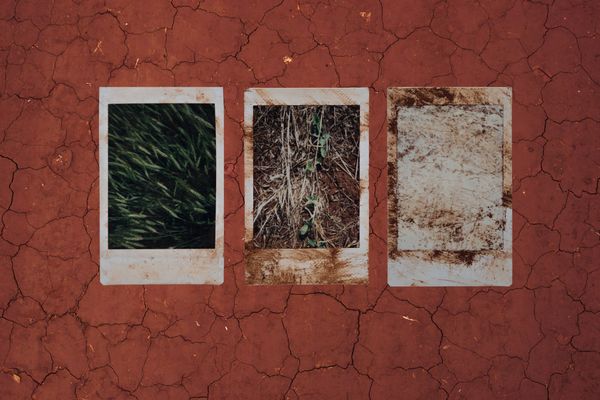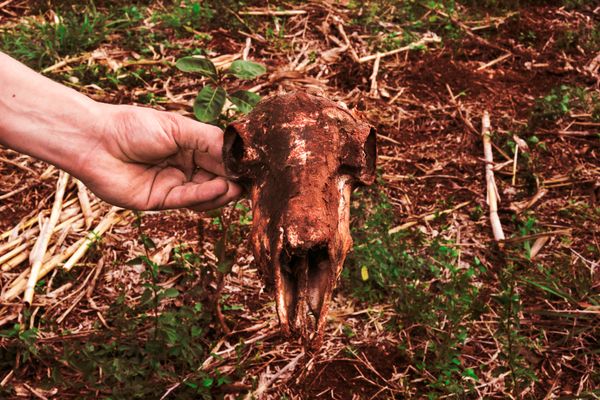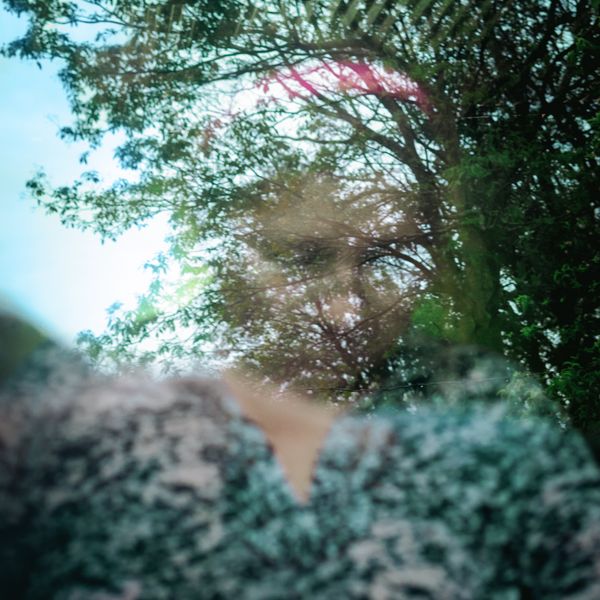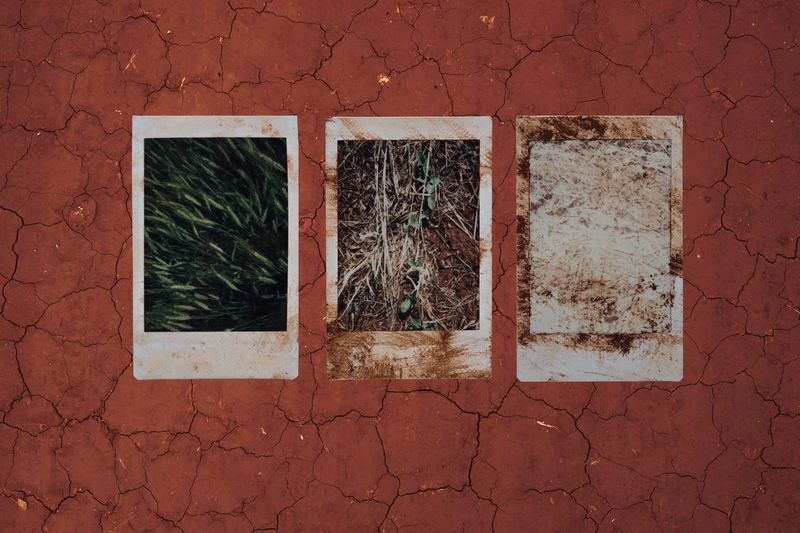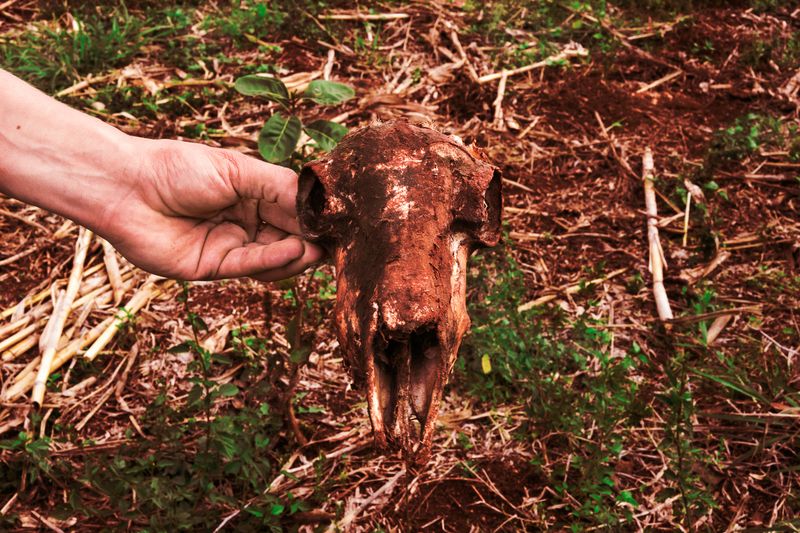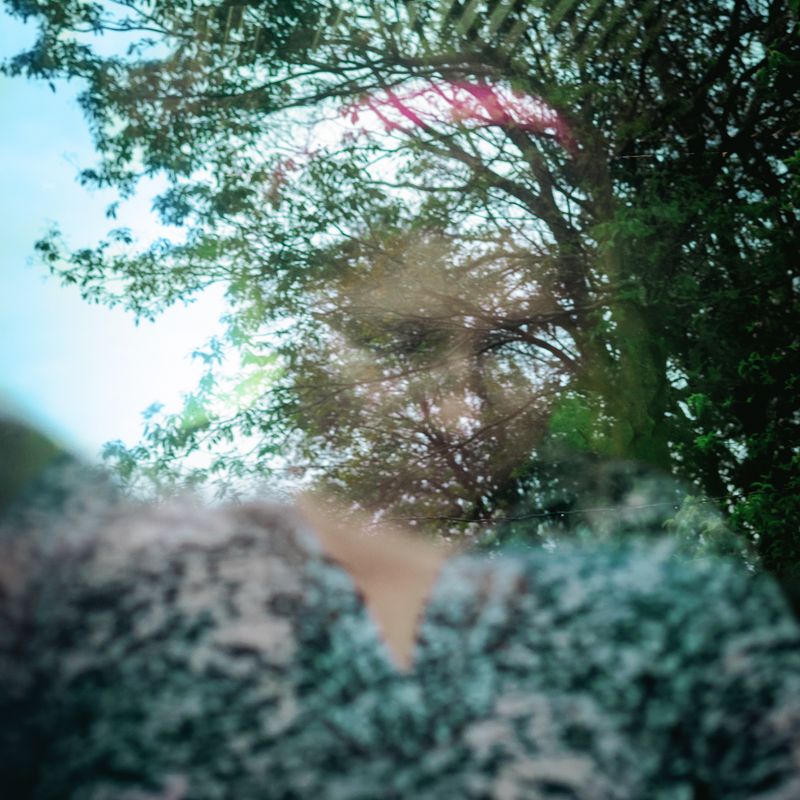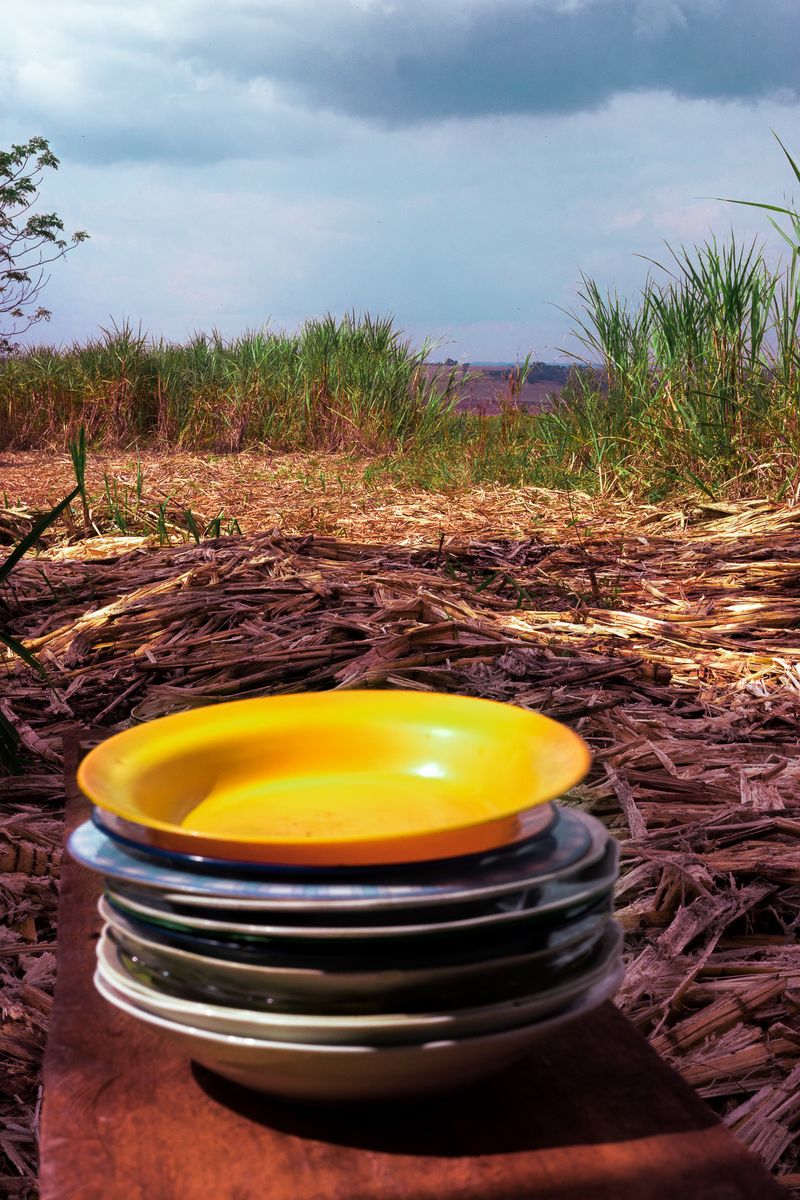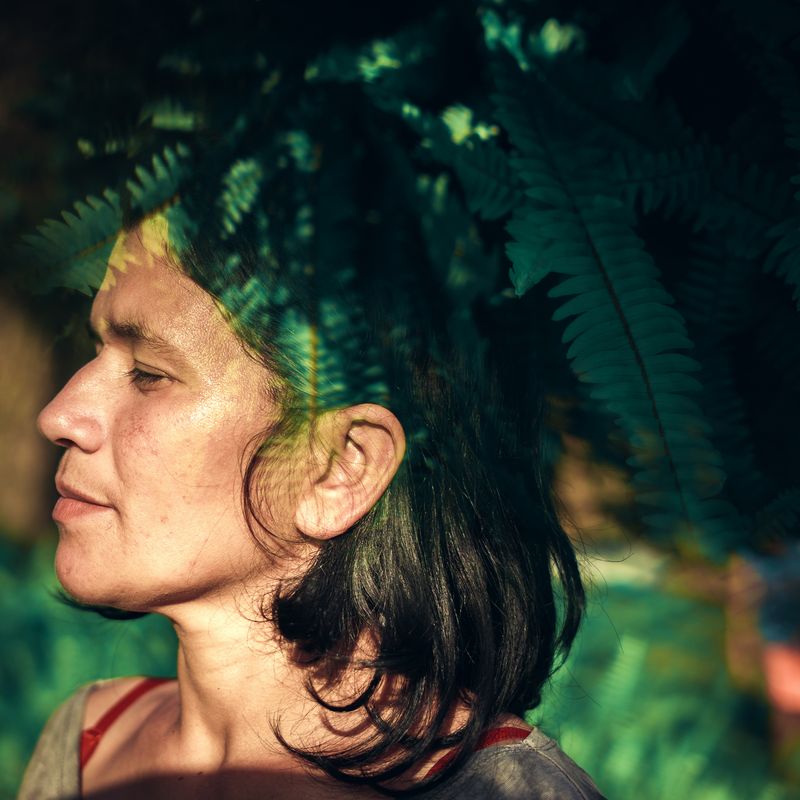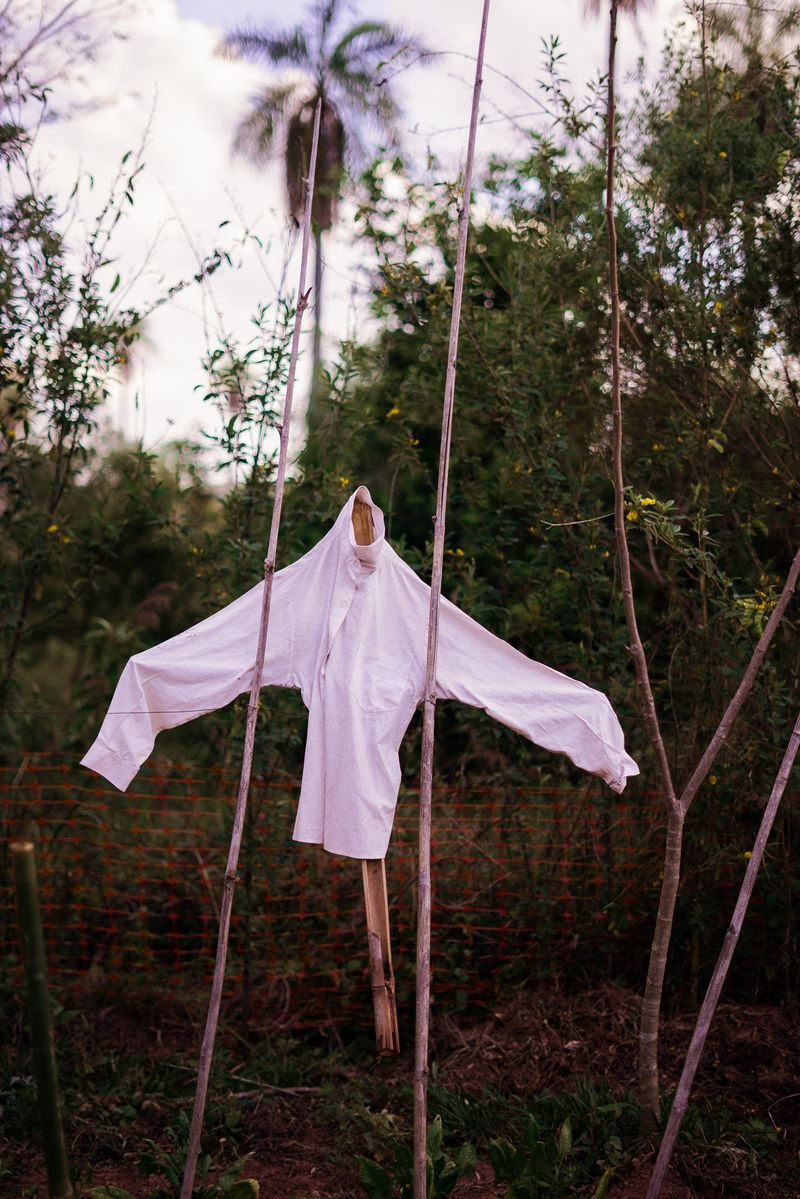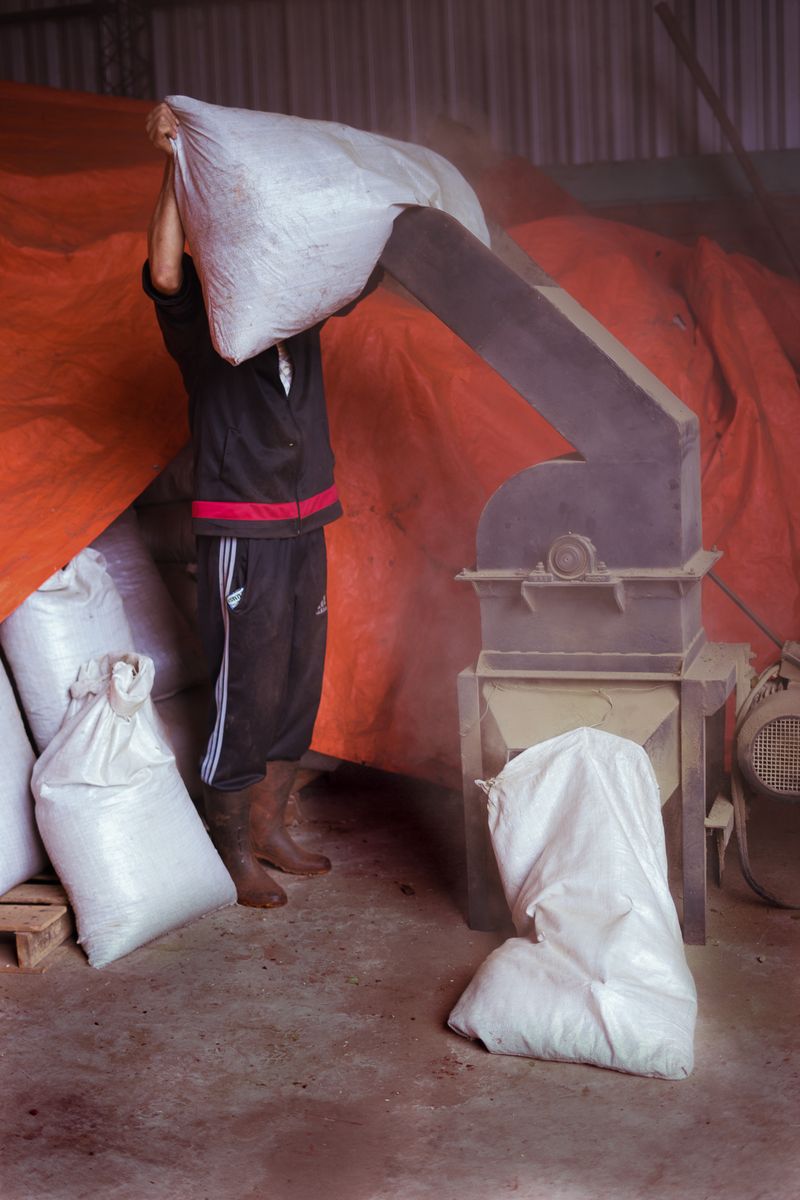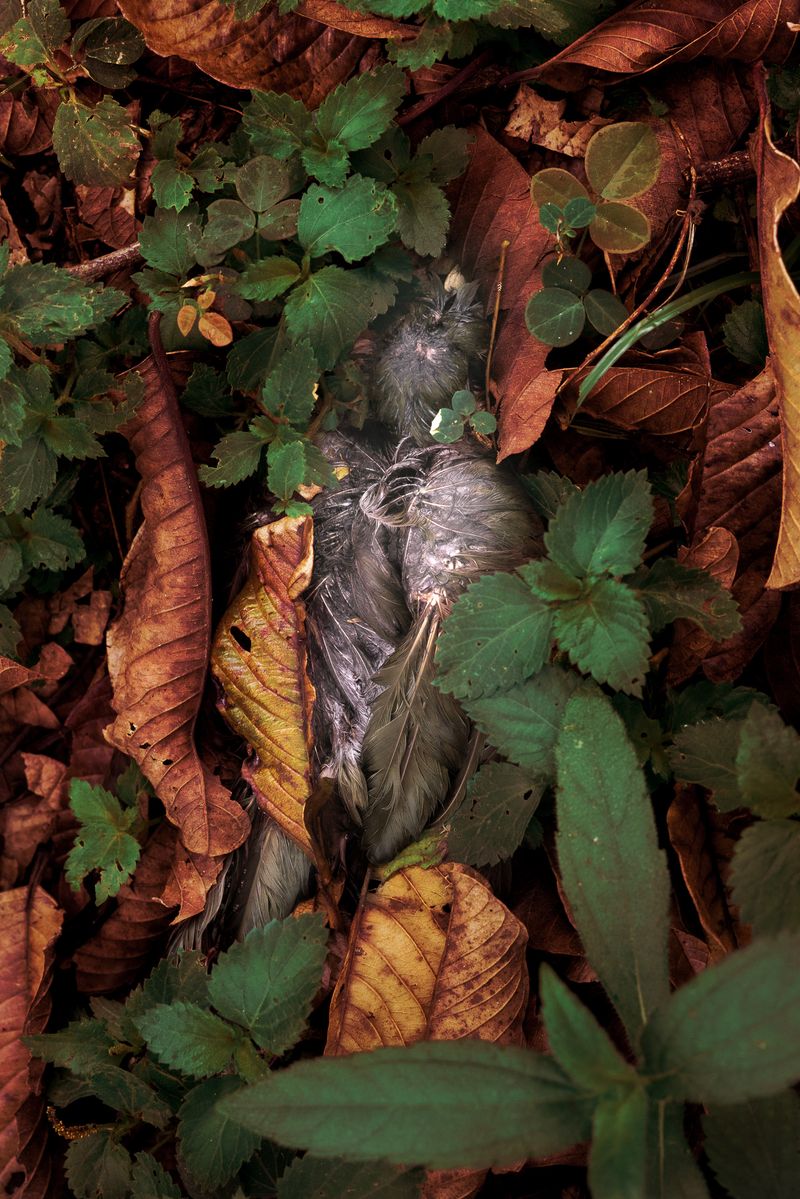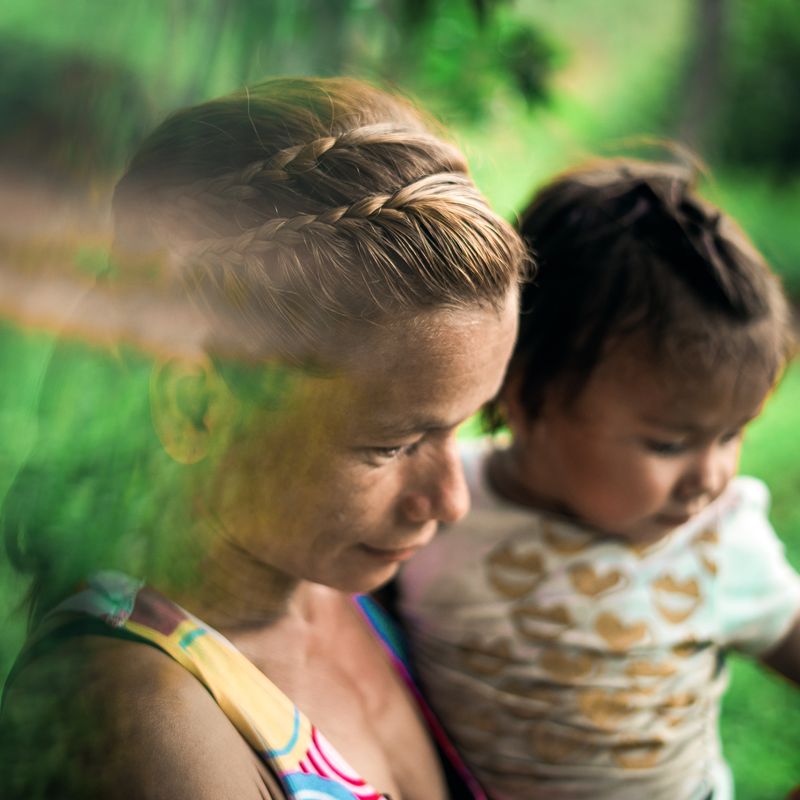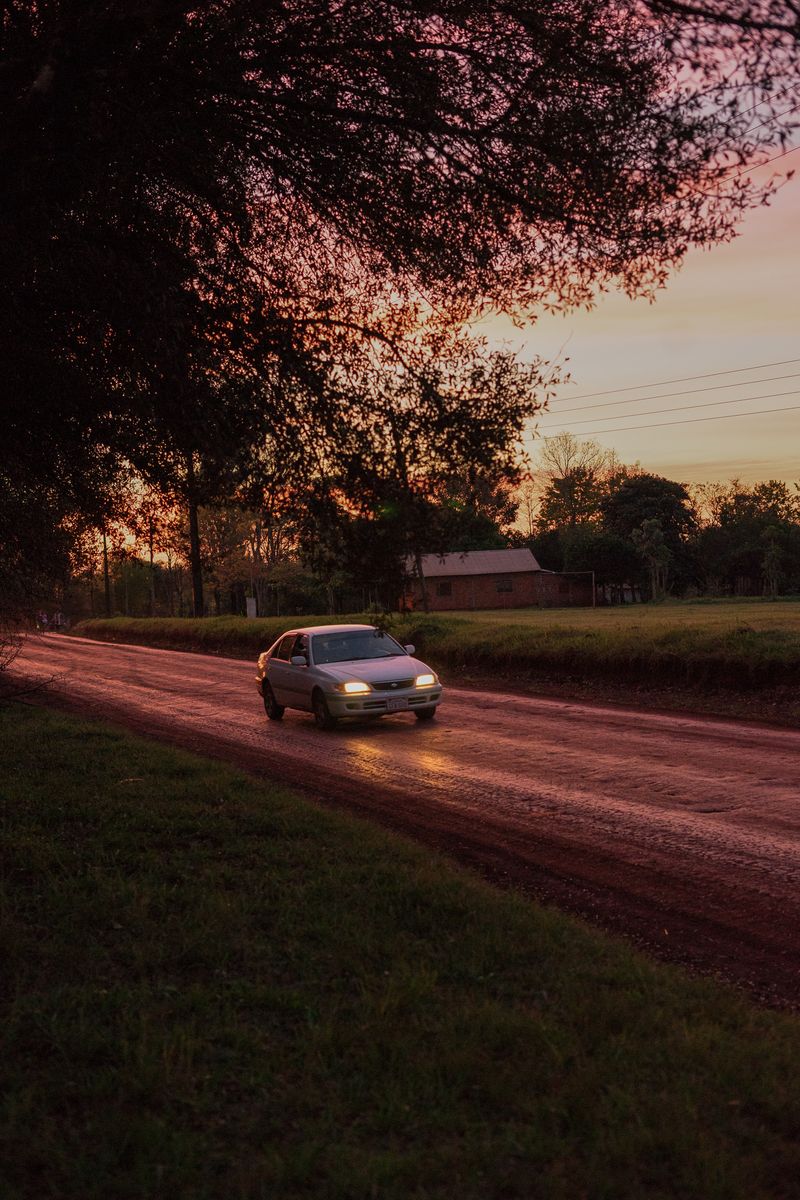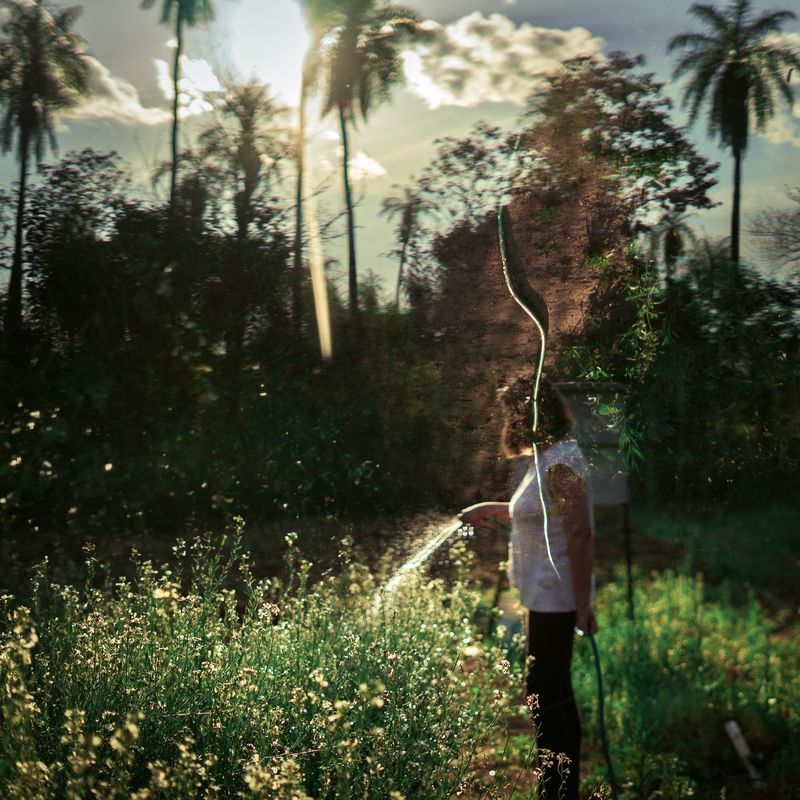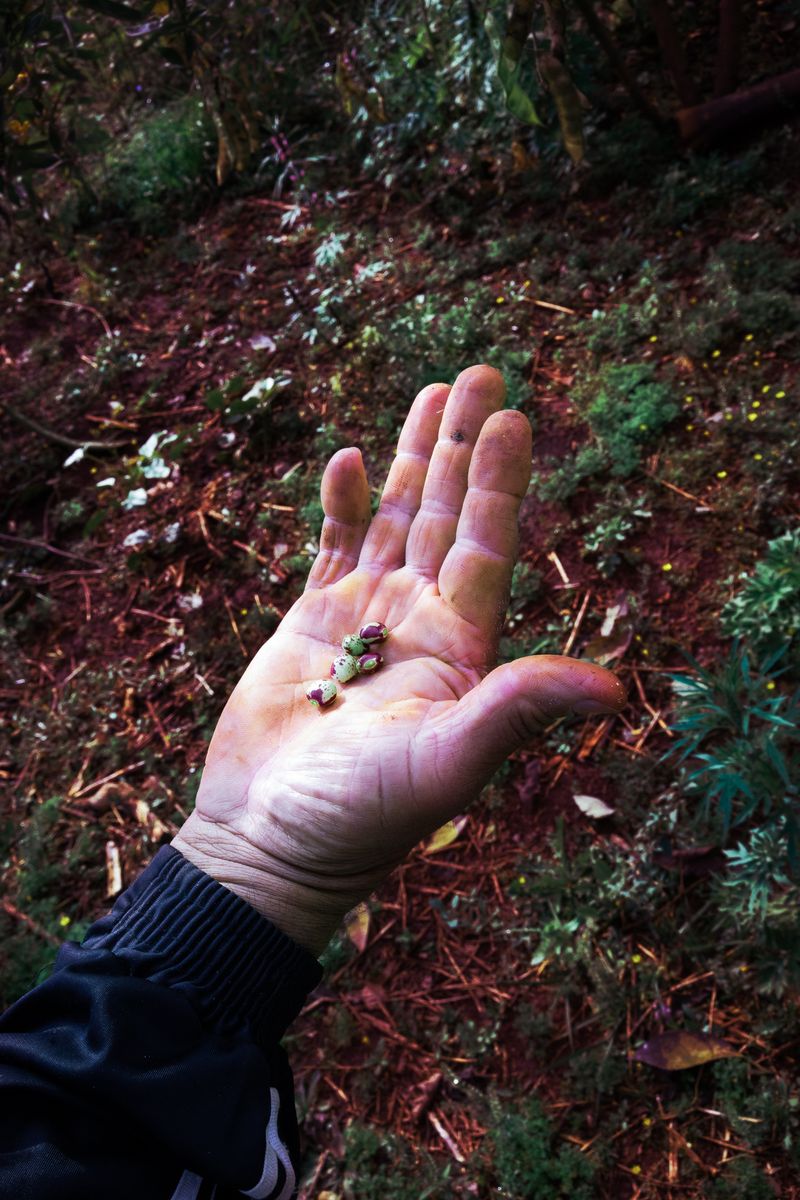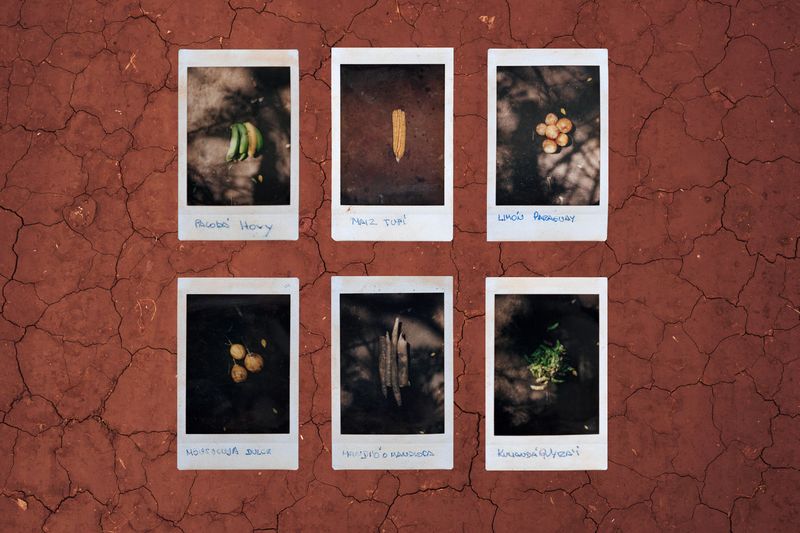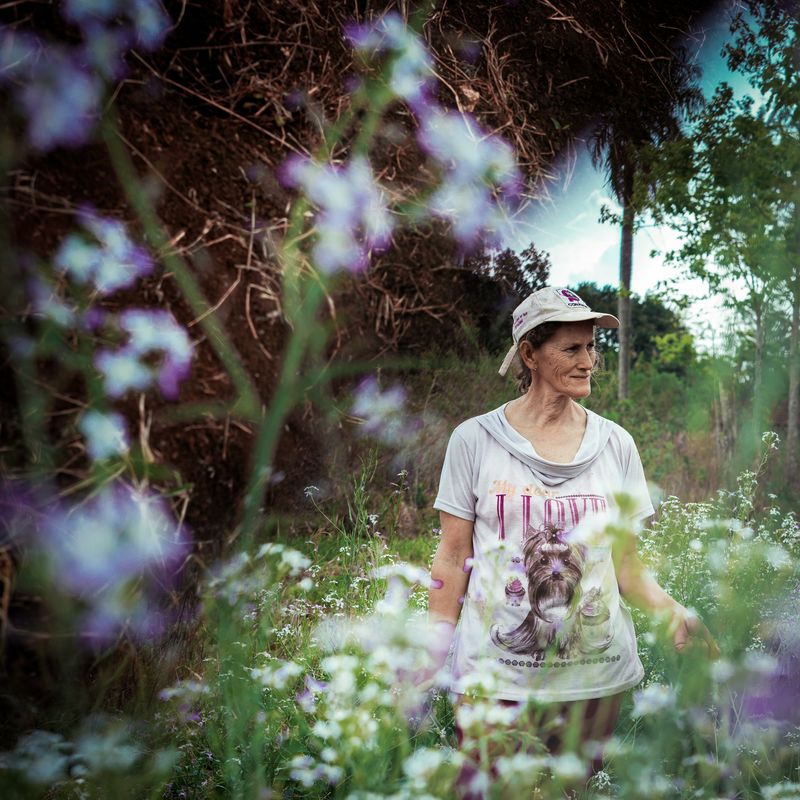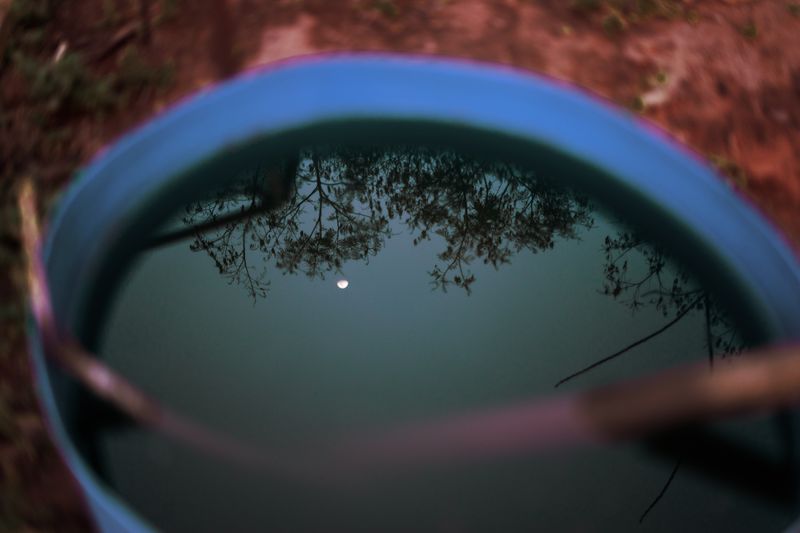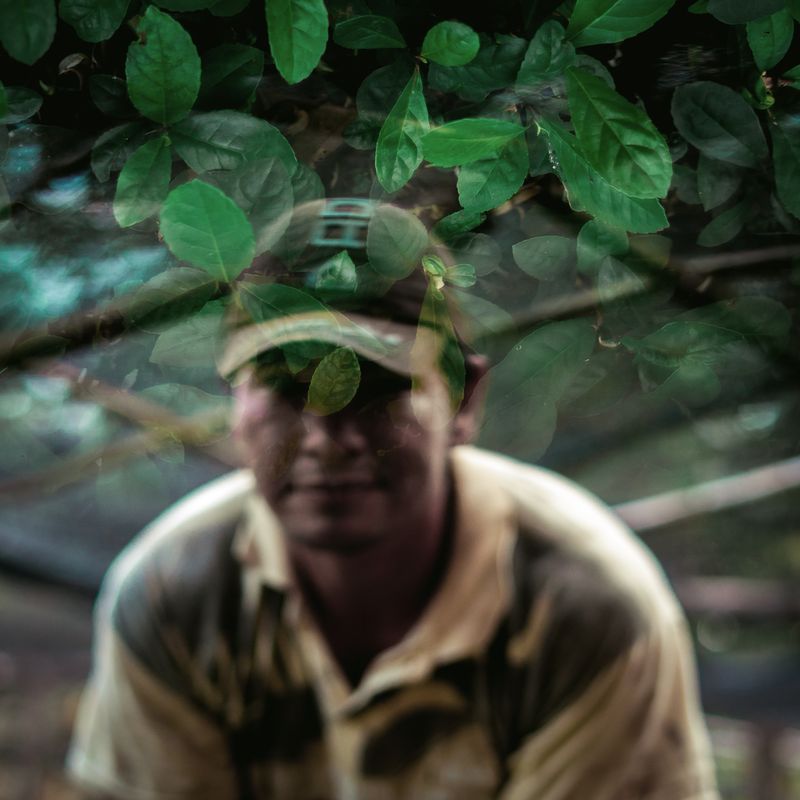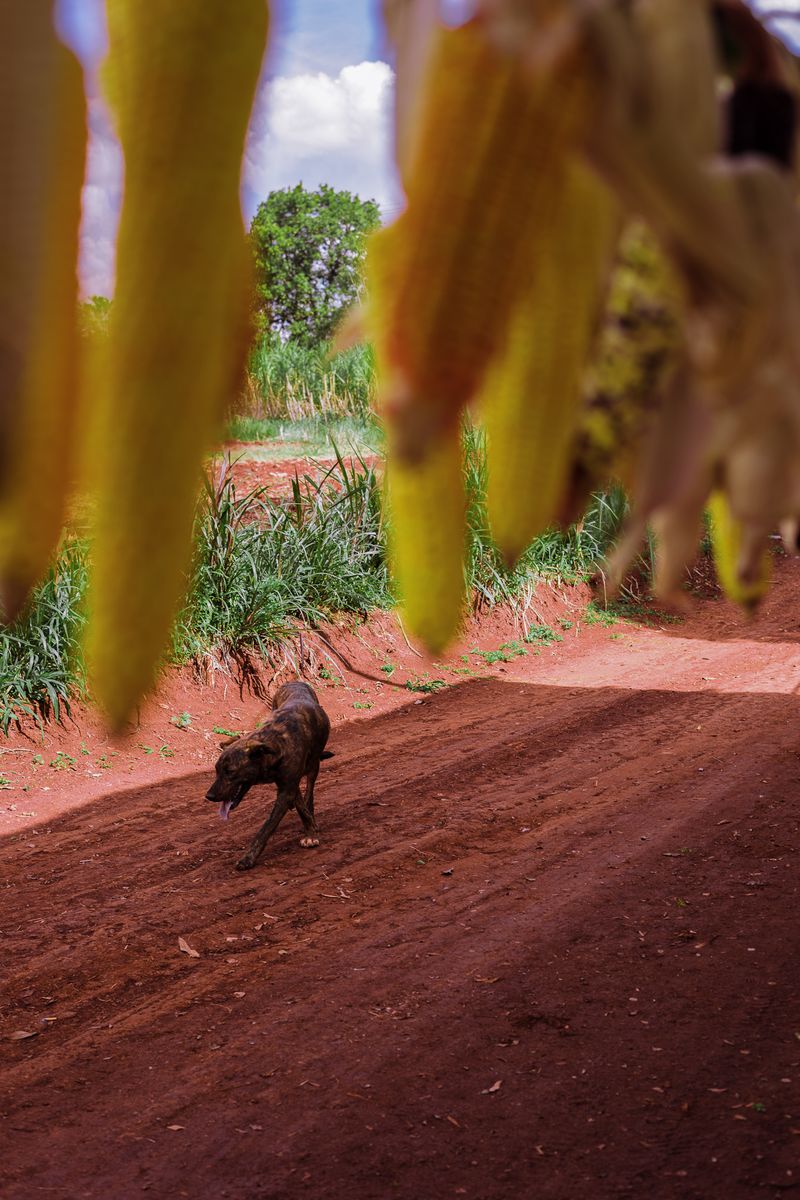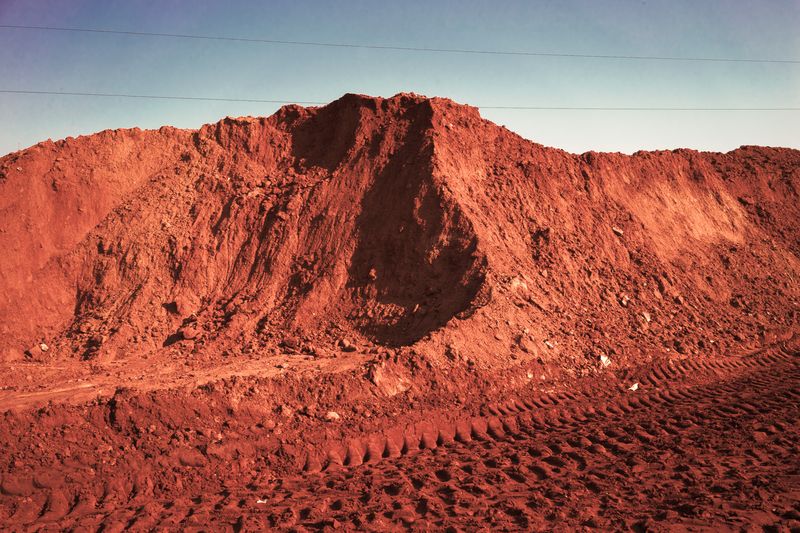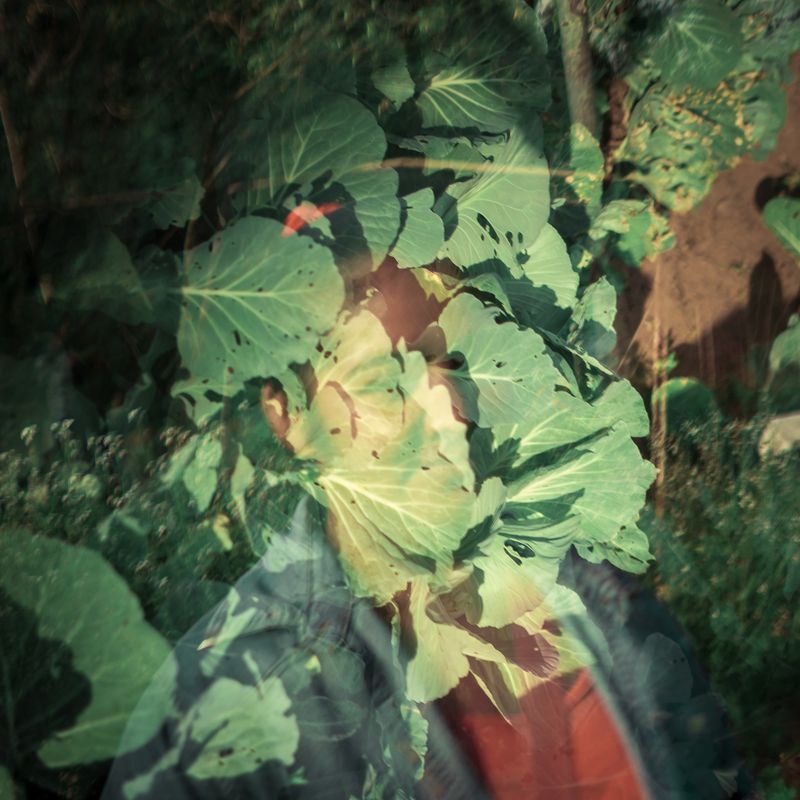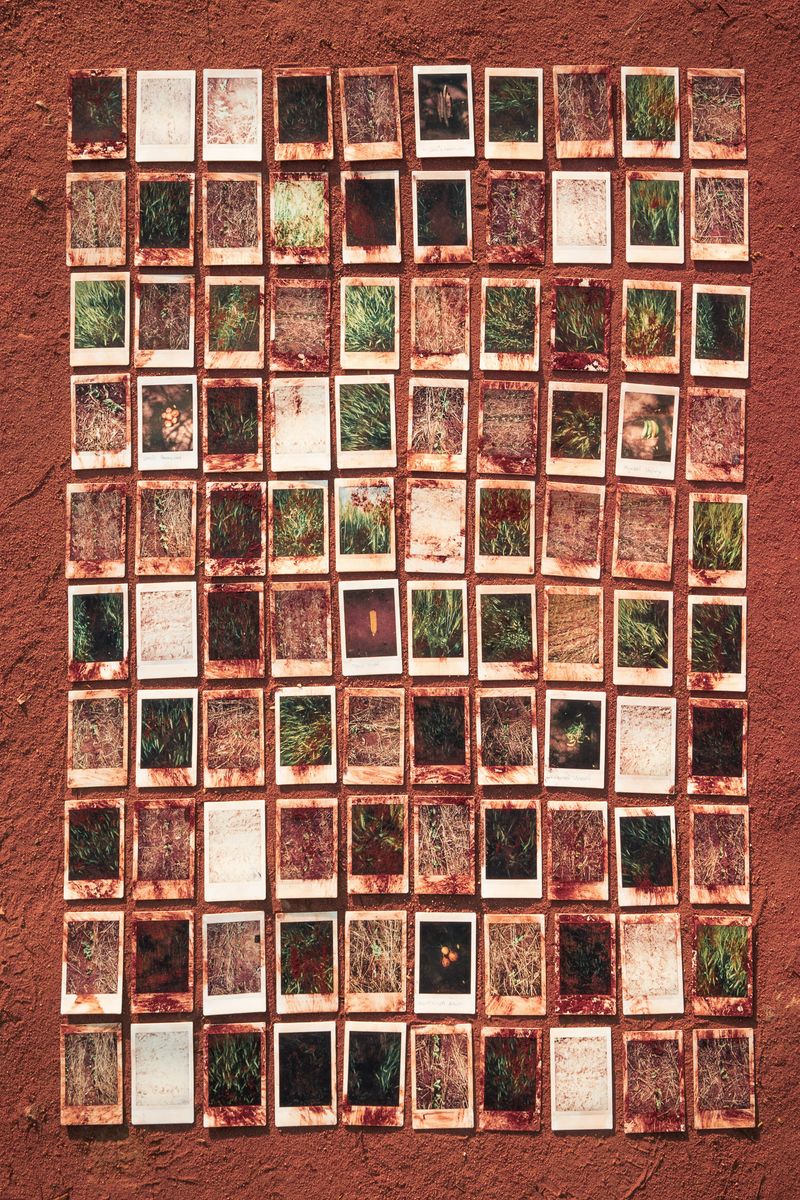RA'yi
-
Dates2018 - 2018
-
Author
- Topics Social Issues, Documentary
- Locations Paraguay, Alto Paraguay, Edelira
Ra’yi (which means seed in the Guaraní language) is a photographic and multimedia project that portrays, in a subjective and symbolic manner, the peasants who fight the inequality of agricultural business in Paraguay.
Ra’yi
Ra’yi (which means seed in the Guaraní language) is a photographic and multimedia project that portrays, in a subjective and symbolic manner, the peasants who fight the inequality of agricultural business in Paraguay.
Paraguay is one of the most inequitable territories in Latin America with regards to land distribution: 2.5% of the population owns 85% of the productive land. In this space, transgenic soybeans and wheat are mainly grown and exported to countries as far away as Russia. The peasants use only 6.4% of all arable land. This is not enough to supply food for the whole country, thus the country is forced to import food from neighboring states making food too expensive with relation to the salaries. Land problems have isolated peasants and indigenous people who are generally expropriated and marginalized. Meanwhile, those that can produce have great difficulty in selling their products because there are no adequate roads or transportation systems that ensure that their products arrive in good condition to the main cities. As if that were not enough, the owners of the genetically modified crops fumigate the land with agro-toxic products, which often sickens and kills the workers and people living nearby. According to the FNC, almost a million people have migrated from the countryside to Asunción or to Buenos Aires, Argentina, where they live in precarious settlements.
However, there are particular initiatives or social organizations that fight to resist from within. This is the case of the organization "Conamuri" and "Peasant’s Little Market” that seek alternatives for the producers. Conamuri has a program of seed guards. They are families that for generations have preserved the native and creole seeds that transnational companies seek to eradicate. "Each seed, each native variety of Paraguay, bears a Guarani name. If the seeds disappear, we stop mentioning them, so we lose a word, with it our language and therefore we also lose our identity "says Alicia Amarilla, one of the representatives of Conamuri. In Edelira, one of the towns where the organization works, agro-ecologic yerba mate is produced and is already marketed in Asuncion; it is a small company that exists thanks to the organization of the farmers of the area and international cooperation.
"Peasant’s Little Market" is an organization of volunteers who help empower and organize the women in the town of Altos; now they grow agro-ecological products that the volunteers then distribute in 8 delivery points in Asuncion. "Vegetables are also an excuse to work on community values, feminism and empowerment," says Romi Cabrera, volunteer and mentor of the organization. The “Peasant’s Little Market” also educates buyers towards a conscious consumption.
For me, it is fundamental to talk about this problem away from victimization, showing examples of resilience in these places. Using various narrative tools, I wanted to make the statistics visible but also portray the deep-rooted relationship that these people have with the land, with the crops, the territory and the identity, the care they have and the understanding of the living cycle that has to be respected. Ra'yi is a tribute to those who resist and fight for a better future.
